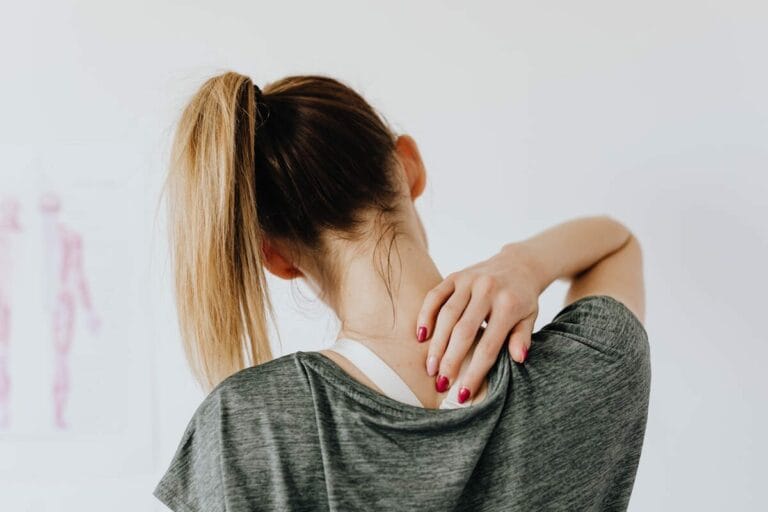Poor Lifestyle and Physical Health Linked to Increased Symptoms of Depression

A recent study conducted by researchers from University College London (UCL), the University of Melbourne and the University of Cambridge has revealed the relationship between physical health and mental well-being. Published in Nature Mental Health, this significant research highlights how various biological pathways, particularly those involving the brain and vital organs, influence overall mental state.
The study analyzed extensive data from the UK Biobank, from over 18,000 participants. Among these individuals, 7,749 had no major diagnosed medical or mental health issues, while 10,334 reported conditions such as schizophrenia, bipolar disorder, depression or anxiety. This large-scale allowed the researchers to thoroughly investigate the correlations between organ health and mental health outcomes.
Using advanced statistical modeling, the researchers discovered a compelling association: poorer health of vital organs was linked to increased symptoms depression. This insight underscores the brain’s critical role in mediating the effects of bodily health on mental health. The examined organ systems included the lungs heart, liver, kidneys, muscles bones, and broader metabolic and immune processes.
Dr. Ye Ella Tian, the lead author from the Department of Psychiatry at the University of Melbourne, emphasized the revelation of multiple pathways through which compromised organ health can adversely affect brain function and, consequently, mental health. The study highlights the interconnectedness of physical and mental well-being, suggesting that deterioration in organ health can initiate a cascade of negative effects culminating in poor mental health.
In addition to examining organ health, the research considered various lifestyle factors crucial for well-being, such as sleep quality, dietary habits, physical activity, smoking, and alcohol consumption. The findings indicated that certain modifiable lifestyle changes could potentially improve mental health by positively influencing specific organ systems and their related neurobiological functions.
Professor James Cole from UCL noted the study’s importance, stating that while healthcare recognizes the interactions among the body’s organ systems, they have seldom been integrated into research. This study paves the way for a more holistic understanding of how interconnected physical health is with mental health.
The implications of this research are significant for mental health strategies and interventions. By identifying the structural changes in the brain linked to poor physical health across multiple organ systems, including the immune and muscular systems, the study suggests that enhancing physical well-being could alleviate symptoms of depression and anxiety. Professor Andrew Zalesky, also from the University of Melbourne, remarked that acknowledging these links might stimulate further investigation into preventive measures and therapeutic approaches aimed at improving both physical and mental health.
This groundbreaking study sheds light on the vital connections between lifestyle, physical health and mental well-being, demonstrating how various bodily systems and organ health profoundly influence mental health. Recognizing and addressing this interdependency can lead healthcare stakeholders to develop more comprehensive strategies for promoting overall health, emphasizing the necessity of integrating physical health maintenance with mental health care.
For further details, the journal article is available: Tian, Y. E., et al. (2024). Brain, lifestyle and environmental pathways linking physical and mental health. Nature Mental Health.
Do you want to share your story and inspire our readers ? Know that YOUR EXPERTISE is paving the way for a fairer, happier society.




